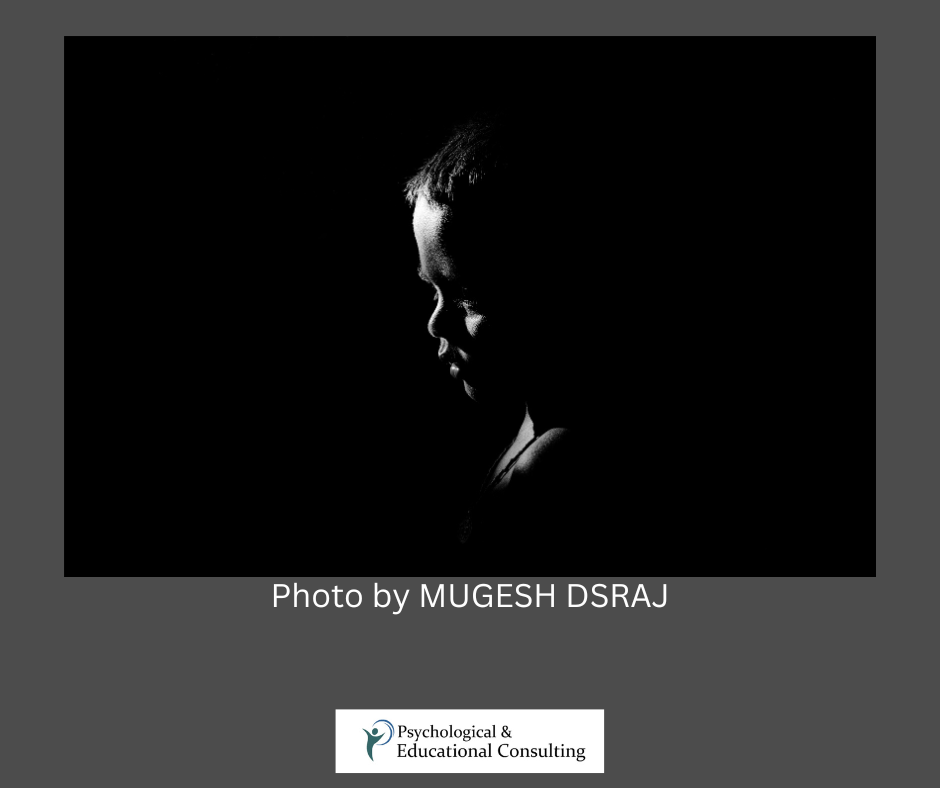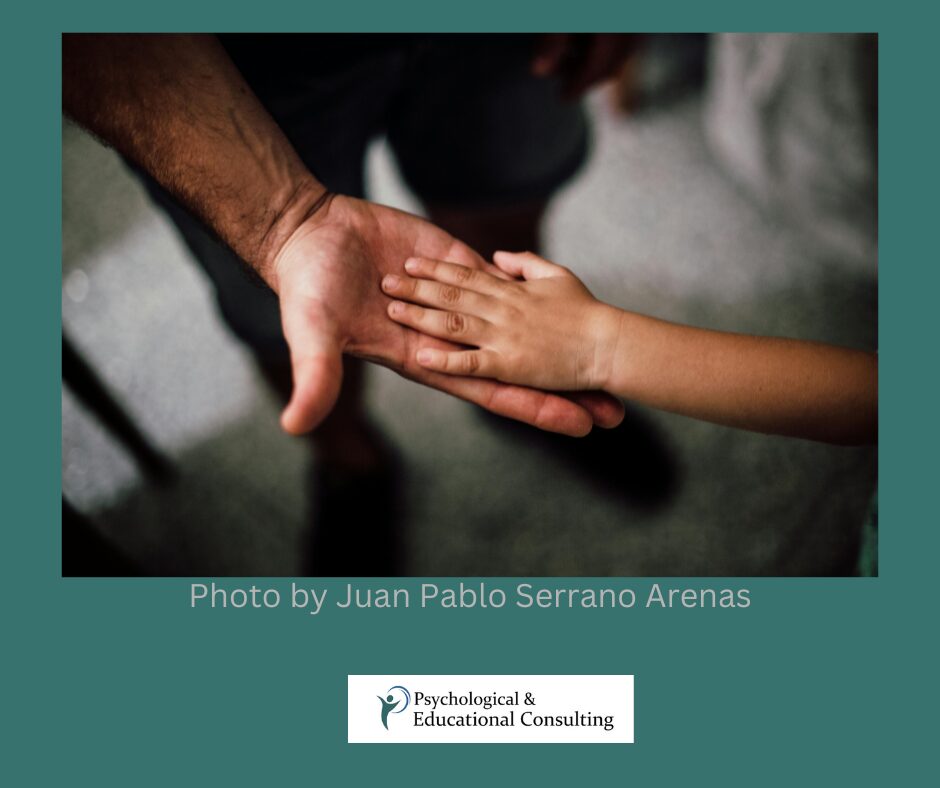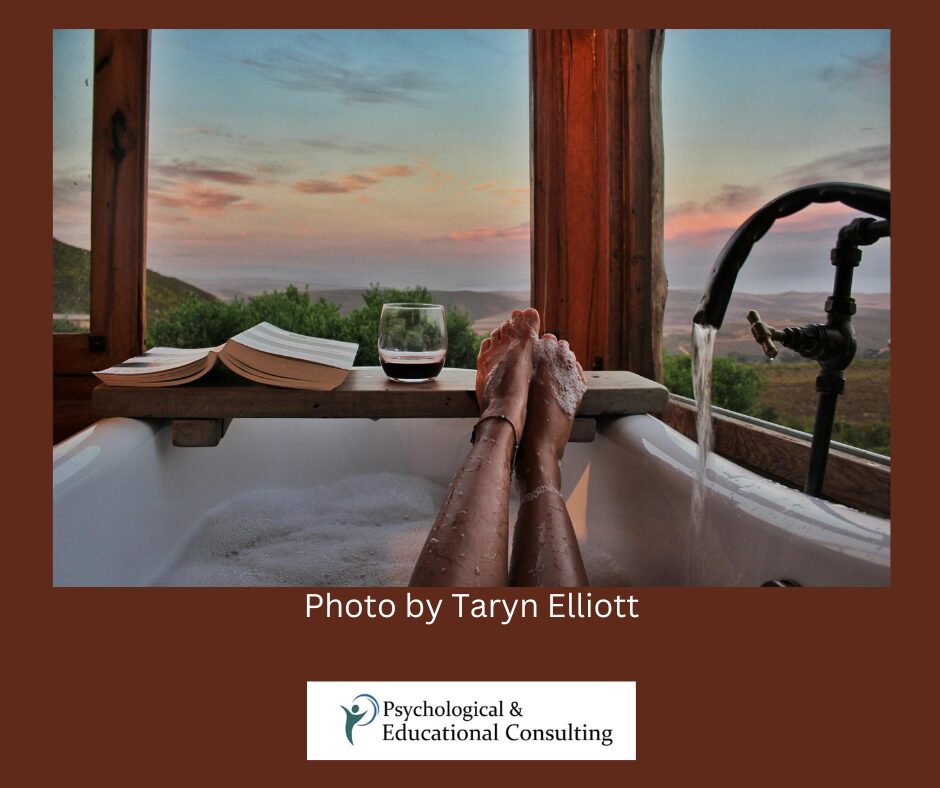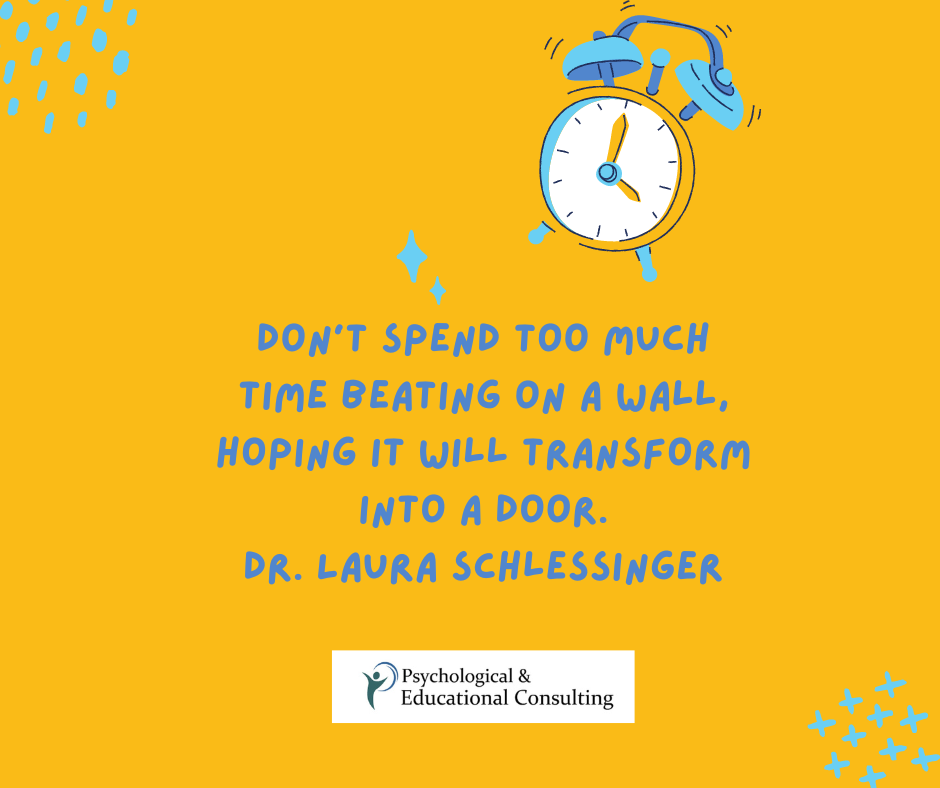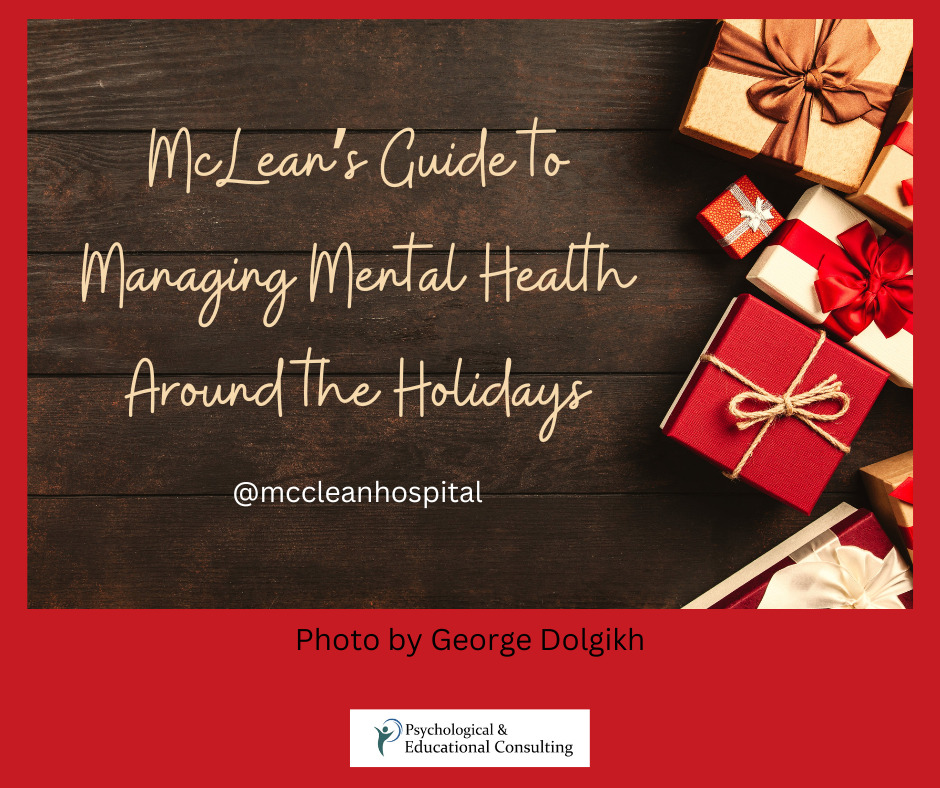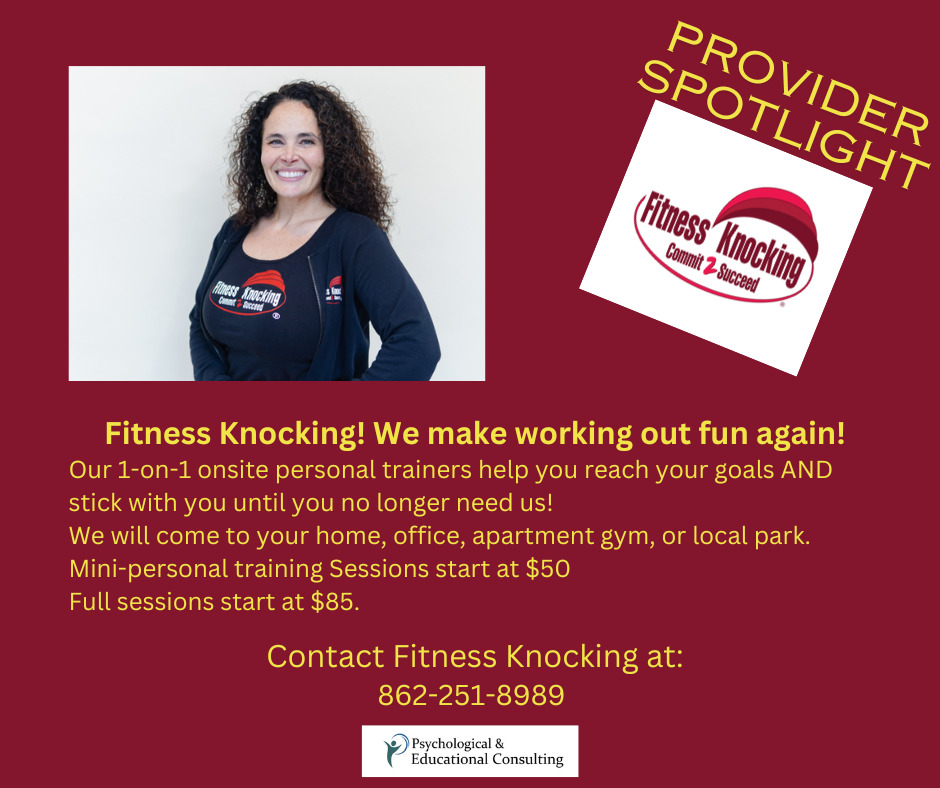Helping Children Cope After a Traumatic Event
posted on Child Mind
In the wake of a traumatic event, your comfort, support and reassurance can make children feel safe, help them manage their fears, guide them through their grief, and help them recover in a healthy way. This guide was assembled by psychiatrists, psychologists and mental health experts who specialize in crisis situations. It offers simple tips on what to expect, what to do and what to look out for. If you or your children require assistance from a mental health professional, do not hesitate to ask a doctor or other health care provider for a recommendation.
Tips for Helping Children After the Event
- Make your child feel safe. All children, from toddlers to teens, will benefit from your touch—extra cuddling, hugs or just a reassuring pat on the back. It gives them a feeling of security, which is so important in the aftermath of a frightening or disturbing event. For specific information on what to do and say, see the age-by-age-guide.
- Act calm. Children look to adults for reassurance after traumatic events have occurred. Do not discuss your anxieties with your children, or when they are around, and be aware of the tone of your voice, as children quickly pick up on anxiety.
- Maintain routines as much as possible. Amidst chaos and change, routines reassure children that life will be okay again. Try to have regular mealtimes and bedtimes. If you are homeless or temporarily relocated, establish new routines. And stick with the same family rules, such as ones about good behavior.
- Help children enjoy themselves. Encourage kids to do activities and play with others. The distraction is good for them, and gives them a sense of normalcy.
- Share information about what happened. It’s always best to learn the details of a traumatic event from a safe, trusted adult. Be brief and honest, and allow children to ask questions. Don’t presume kids are worrying about the same things as adults.
- Pick good times to talk. Look for natural openings to have a discussion.
- Prevent or limit exposure to news coverage. This is especially critical with toddlers and school-age children, as seeing disturbing events recounted on TV or in the newspaper or listening to them on the radio can make them seem to be ongoing. Children who believe bad events are temporary can more quickly recover from them.
- Understand that children cope in different ways. Some might want to spend extra time with friends and relatives; some might want to spend more time alone. Let your child know it is normal to experience anger, guilt and sadness, and to express things in different ways—for example, a person may feel sad but not cry.
- Listen well. It is important to understand how your child views the situation, and what is confusing or troubling to them. Do not lecture—just be understanding. Let kids know it is OK to tell you how they are feeling at any time.
- Help children relax with breathing exercises. Breathing becomes shallow when anxiety sets in; deep belly breaths can help children calm down. You can hold a feather or a wad of cotton in front of your child’s mouth and ask them to blow at it, exhaling slowly. Or you can say, “Let’s breathe in slowly while I count to three, then breathe out while I count to three.” Place a stuffed animal or pillow on your child’s belly as they lie down and ask them to breathe in and out slowly and watch the stuffed animal or pillow rise and fall.
- Acknowledge what your child is feeling. If a child admits to a concern, do not respond, “Oh, don’t be worried,” because they may feel embarrassed or criticized. Simply confirm what you are hearing: “Yes, I can see that you are worried.”
- Know that it’s okay to answer, “I don’t know.” What children need most is someone whom they trust to listen to their questions, accept their feelings, and be there for them. Don’t worry about knowing exactly the right thing to say — after all, there is no answer that will make everything okay.

